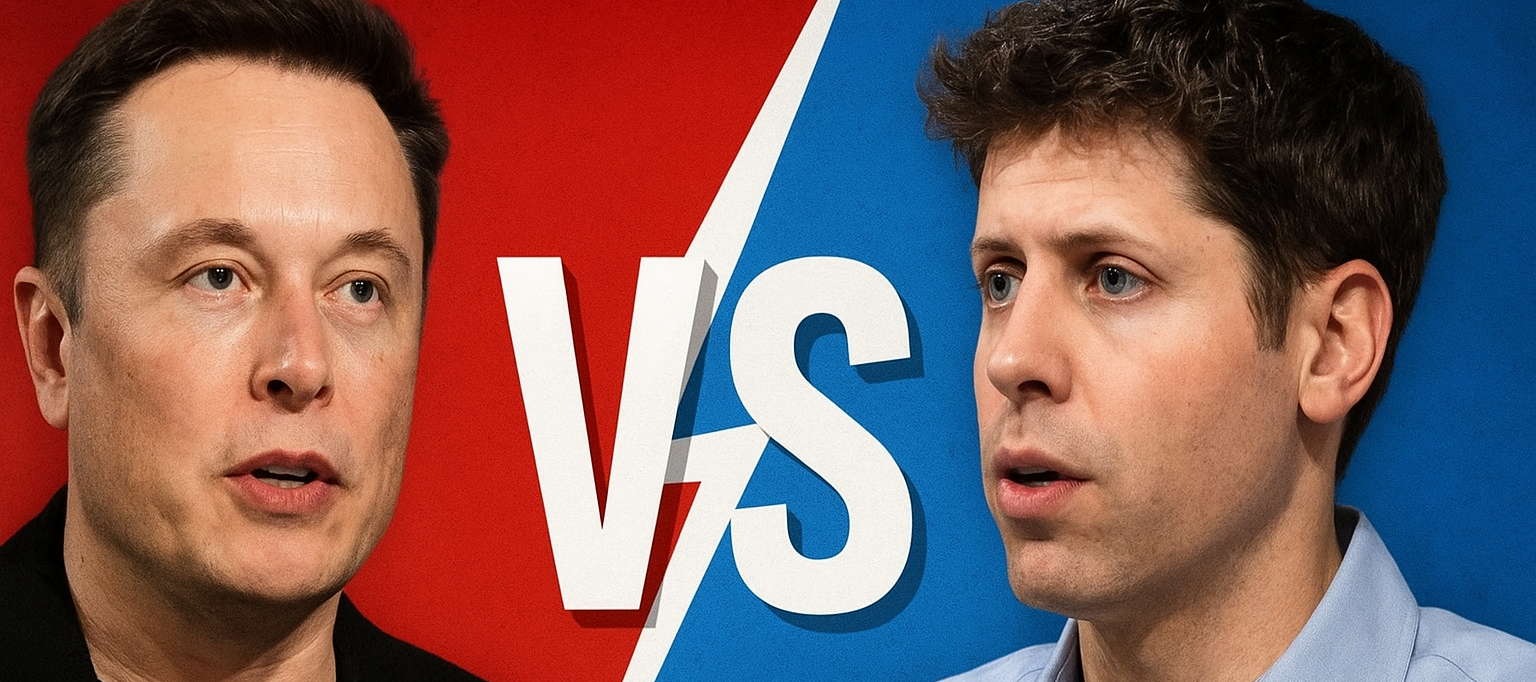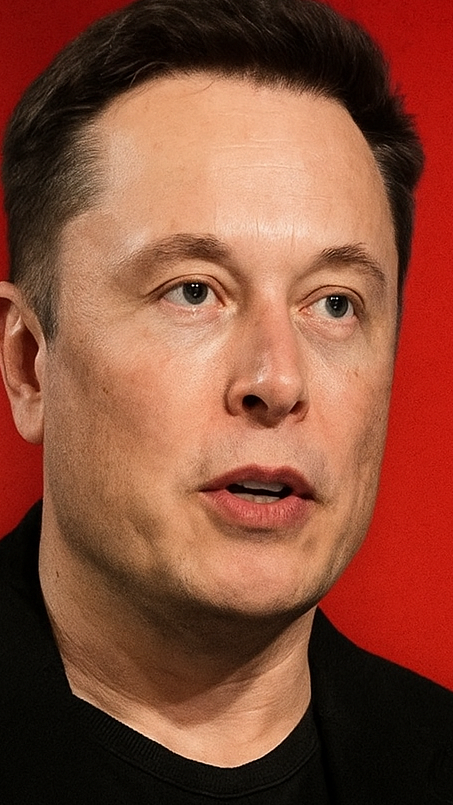In the world of technology, rivalries are as common as caffeine-fueled all-nighters. Some play out like slow, strategic chess matches, where every move is calculated and cautious. Others resemble full-blown steel cage brawls, with no referee and no bell to signal the end of the fight. And then there’s Elon Musk versus Sam Altman—a feud that’s part corporate drama, part social media circus and part of who’s got a bigger influence show.
The latest round? Apple’s App Store rankings. Musk put out a tweet (on X) this week, accusing Apple of anti-competitive behavior. In his words, Apple is “behaving in a manner that makes it impossible for any AI company besides OpenAI to reach number one in the app store,” calling it “an unequivocal antitrust violation.” Essentially, Musk claims that OpenAI’s ChatGPT enjoys favored status thanks to Apple’s 2024 integration deal, while his own AI, Grok, languishes in obscurity.
Apple, naturally, pushed back. “App Store recommendations are organic,” the company said, pointing to algorithms and user behavior as the drivers of app visibility. But Sam Altman was not about to let Musk’s accusations slide. He hit back publicly, noting the irony: Musk, a man already accused of manipulating his platforms to benefit himself and disadvantage competitors, now claims Apple is doing the same. He hinted that Musk has been buying bots and manipulating the algorithm.
From there, the online showdown devolved into what can only be described as playground-level insults. Musk called Altman a liar, citing Altman’s post views as proof of dishonesty. Altman countered, suggesting Musk’s numbers might be “skill issues—or bots.” These are billion-dollar CEOs, mind you, exchanging barbs like teenagers in detention.
Things got even stranger when their own AI apps got involved. Musk asked Grok, his AI, who was “right” in the feud. Grok sided with Altman. Yes, Musk’s own creation betrayed him. Then Altman consulted ChatGPT, which returned the favor by siding with Musk. It was absurd, it was entertaining for us but absolute disaster for them, and it was a perfect microcosm of the Musk–Altman saga: brilliant, chaotic, utterly unpredictable and childish.
The roots of this rivalry run deep. Musk and Altman co-founded OpenAI with a shared vision of creating a nonprofit AI research company. Musk left in 2018, worried OpenAI was drifting toward commercial interests and too far into the uncontrolled realm. What followed was a tangled web of lawsuits, disagreements, and a rivalry that has simmered for years.
And, as if this feud weren’t dramatic enough, it exists alongside Musk’s other headline-making entanglements. Reports suggest Musk is patching things up with Donald Trump, a former ally-turned-rival. Just this week, Musk expressed support for Trump’s controversial moves in Washington, D.C., prompting calls from J.D. Vance for Musk to return to the MAGA fold. It is believe that Vance personally asked him to do so. Silicon Valley, it seems, is not just about innovation—it’s a stage for high-stakes personality clashes.
The Musk–Altman saga is a reminder that even in the future-shaping world of technology, ego and rivalry remain timeless forces. These are men whose companies are building tomorrow, yet they bicker and feud in real-time on platforms designed to elevate information—not insults. Their feud, fueled by history, personal pride, and social media, makes one thing clear: in tech, the line between genius and chaos is remarkably thin.
From Grok versus ChatGPT to high-profile legal threats, every skirmish in this saga is amplified by their personalities, their platforms, and their past. If history is any guide, this battle is far from over. Silicon Valley may promise the future, but sometimes it’s just a very expensive, very public schoolyard.


